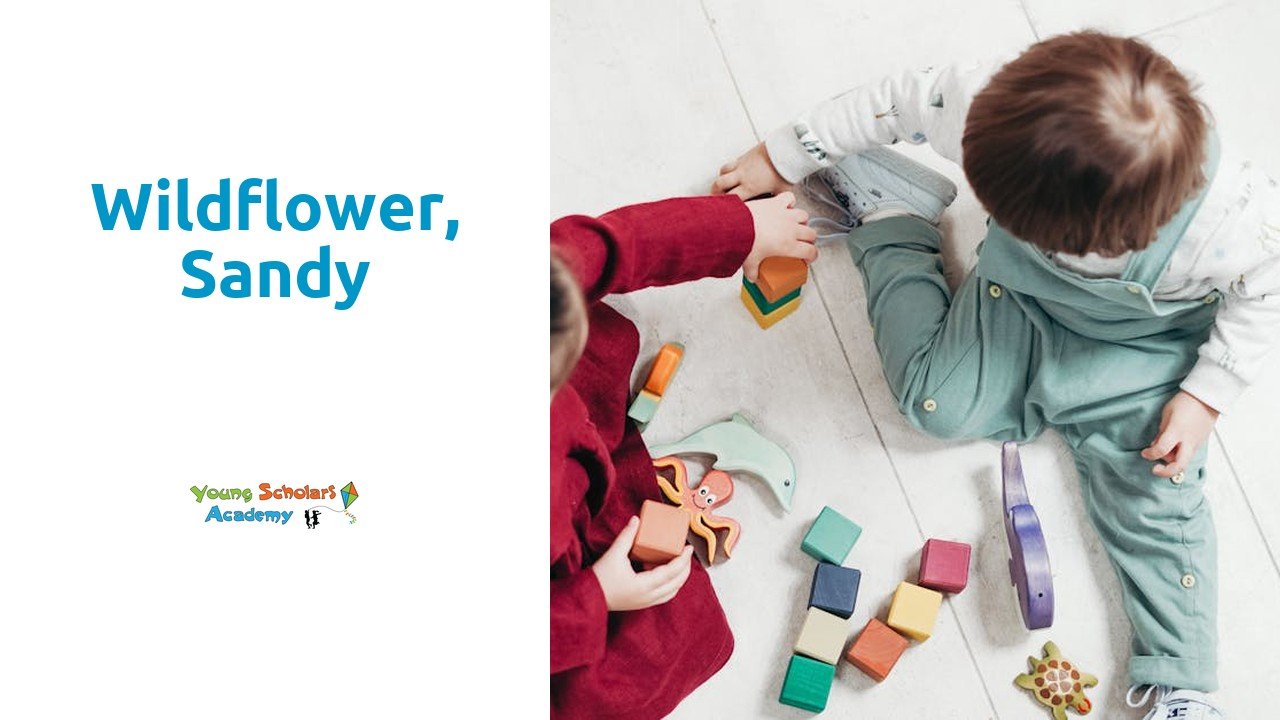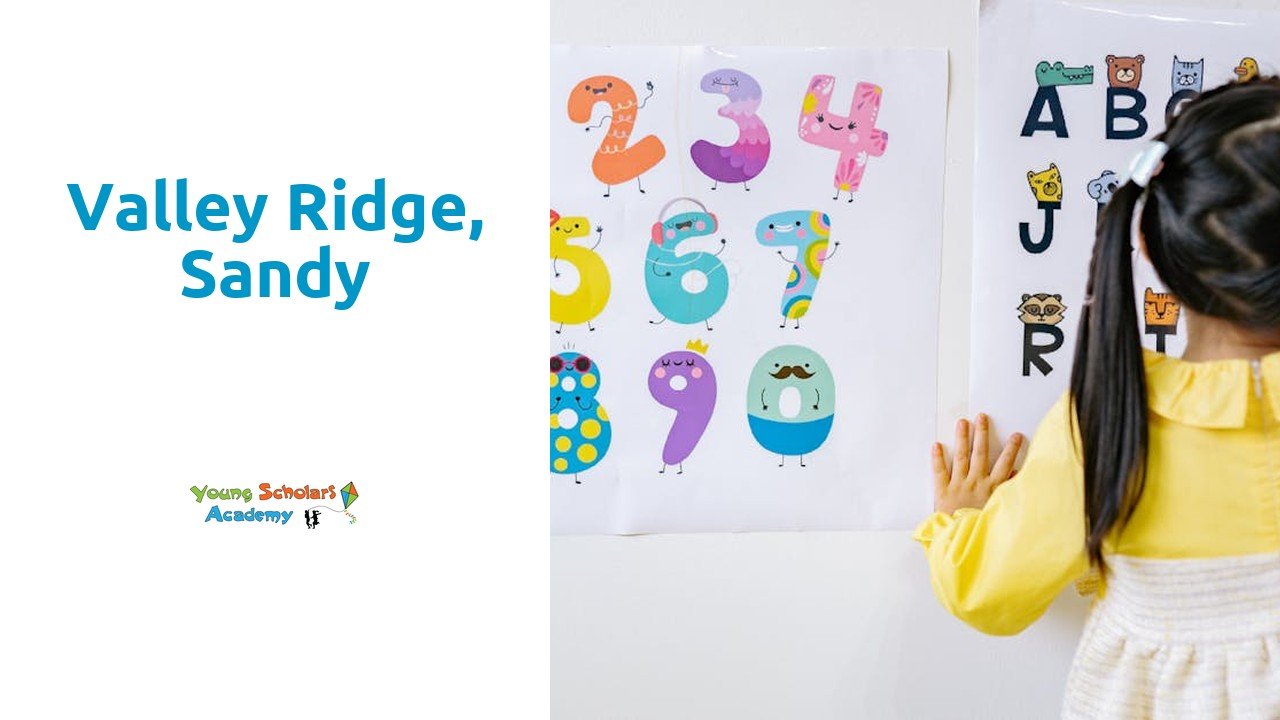Collaborating with Parents and Communities on SEL Initiatives
Collaborating with parents and communities is a vital component of successful Social and Emotional Learning (SEL) initiatives in schools. In Utah, the involvement of parents and community members in the SEL process can greatly enhance students’ social and emotional development. At Peach Blossom Estates in Sandy, Utah, educators work closely with parents and community organizations to create a supportive environment that fosters SEL skills among students. Through open communication and collaboration, the school ensures that SEL initiatives are comprehensive and inclusive, ultimately benefitting the well-being of all students.
By engaging families and communities in supporting SEL skills development, schools can create a more cohesive approach to addressing students’ social and emotional needs. At Social and Emotional Development Peach Blossom Estates, Sandy, Utah, parents are encouraged to participate in workshops and events that focus on building strong relationships and developing effective communication strategies with their children. Additionally, community partnerships provide valuable resources and support that complement the school’s SEL curriculum, allowing for a holistic approach to nurturing students’ social and emotional growth.
Engaging Families in Supporting SEL Skills Development
Engaging Families in Supporting SEL Skills Development in Utah plays a crucial role in fostering a holistic approach to a child’s education. Social and Emotional Development Stagg, Sandy emphasizes the importance of parental involvement in promoting social-emotional learning in children. By actively engaging families in supporting SEL initiatives, schools can create a more inclusive and supportive environment that nurtures students’ emotional well-being. Parents serve as key partners in reinforcing SEL skills learned in the classroom, which can significantly impact a child’s overall development and academic success.
In Utah, initiatives that focus on Engaging Families in Supporting SEL Skills Development aim to strengthen the connection between home and school environments. Research indicates that when parents are engaged in their child’s social-emotional learning, students exhibit higher levels of emotional intelligence, resilience, and improved interpersonal relationships. Collaborating with parents on SEL initiatives cultivates a shared understanding of the importance of emotional well-being and equips families with the necessary tools to support their child’s social and emotional growth outside of the school setting.
Addressing Diversity and Inclusivity in SEL Implementation
Addressing diversity and inclusivity in social and emotional learning (SEL) implementation is crucial for fostering an environment where all students feel valued and supported in their growth. By acknowledging and celebrating the unique backgrounds and experiences of students, educators in Utah can create a more inclusive learning environment that encourages empathy, understanding, and mutual respect. Incorporating culturally responsive practices in teaching SEL in schools like Willow Creek Heights in Sandy allows educators to tailor their approach to meet the diverse needs of students from different backgrounds.
Recognizing the importance of diversity in SEL implementation, educators must strive to provide inclusive learning opportunities that promote social and emotional development for all students. Embracing cultural differences and fostering a sense of belonging in the classroom can enhance students’ social skills and emotional well-being. By implementing strategies that promote inclusivity and diversity within the SEL framework, schools like Willow Creek Heights in Sandy can create a supportive and nurturing environment where all students can thrive and grow.
Culturally Responsive Practices in Teaching SEL in Utah Schools
Culturally responsive practices in teaching Social and Emotional Learning (SEL) are crucial in Utah schools to ensure inclusivity and effectiveness. By integrating students’ diverse backgrounds, experiences, and cultural identities into SEL initiatives, educators can create a more inclusive and supportive learning environment. Recognizing and valuing the cultural contexts of students is essential for promoting their social and emotional well-being. In Utah, schools like Willowcreek in Sandy are embracing culturally responsive practices to enhance SEL instruction and better support students’ holistic development. Teachers are encouraged to incorporate diverse perspectives and experiences into SEL lessons to foster empathy, understanding, and connection among students.
In Willowcreek, Sandy and other Utah schools, educators are integrating culturally relevant materials, activities, and examples into their SEL curriculum to make learning more engaging and relatable for all students. By acknowledging and embracing the cultural diversity present in classrooms, teachers can create a more inclusive and equitable learning environment where every student feels valued and understood. Culturally responsive practices not only enrich SEL instruction but also help students develop a deeper appreciation for diversity and build essential social and emotional skills. In Utah schools, the ongoing commitment to implementing culturally responsive practices in teaching SEL underscores the importance of creating a supportive and inclusive educational experience for all students.
Monitoring and Assessing SEL Progress in Utah
Monitoring and assessing social-emotional learning (SEL) progress in Utah schools is crucial for ensuring students’ holistic development. Schools in Utah, such as Willow Creek Heights in Sandy, implement various tools and methods to gauge students’ SEL growth effectively. Regularly tracking students’ social and emotional well-being helps educators identify areas needing improvement and tailor interventions to support students effectively. Implementing SEL assessments allows schools to measure the impact of their initiatives and make data-informed decisions to further enhance students’ SEL skills.
Utilizing tools such as self-report surveys, behavioral observations, and teacher evaluations, schools in Utah can comprehensively assess students’ social and emotional development. By integrating data-driven approaches in evaluating SEL progress, educators at Willow Creek Heights and other schools in Utah can create targeted interventions to address students’ specific needs. Collaborating with parents, communities, and stakeholders is essential in monitoring and assessing SEL progress, ensuring a holistic approach to supporting students’ social and emotional well-being.
Tools and Methods for Measuring Student SocialEmotional Growth
Social and Emotional Development Crescent Ridge, Sandy incorporates various tools and methods to measure student social-emotional growth effectively. One commonly used tool is the Social-Emotional Learning Assessment. This assessment evaluates students’ social and emotional skills, such as self-awareness, social awareness, self-management, relationship skills, and responsible decision-making. It provides valuable insights into areas where students excel and where they may need additional support.
Another method utilized by Social and Emotional Development Crescent Ridge, Sandy is progress monitoring through student check-ins and self-assessments. Regular check-ins allow educators to gauge students’ emotional well-being, track their progress in developing social skills, and identify any challenges they may be facing. Self-assessments empower students to reflect on their own social-emotional growth, fostering self-awareness and self-management skills essential for their overall development.
FAQS
What are the Social-Emotional Learning (SEL) standards in Utah?
The Social-Emotional Learning (SEL) standards in Utah focus on collaborating with parents and communities, engaging families in supporting SEL skills development, addressing diversity and inclusivity, and monitoring and assessing SEL progress in schools.
How can parents and communities collaborate on SEL initiatives in Utah?
Parents and communities can collaborate on SEL initiatives in Utah by participating in school activities, providing feedback on SEL programs, and supporting students in developing social-emotional skills at home.
What is the importance of addressing diversity and inclusivity in SEL implementation in Utah?
Addressing diversity and inclusivity in SEL implementation in Utah is crucial to ensure that all students feel included and supported in their social-emotional development, regardless of their background or identity.
How are culturally responsive practices integrated into teaching SEL in Utah schools?
Culturally responsive practices are integrated into teaching SEL in Utah schools by incorporating diverse perspectives, traditions, and values into the curriculum, and by recognizing and valuing the unique identities of students from different cultural backgrounds.
What tools and methods are used for measuring student social-emotional growth in Utah?
In Utah, tools and methods such as student surveys, self-assessments, behavior observations, and progress reports are commonly used to measure student social-emotional growth and assess the effectiveness of SEL programs.
Related Links
What is social-emotional development in high school?






